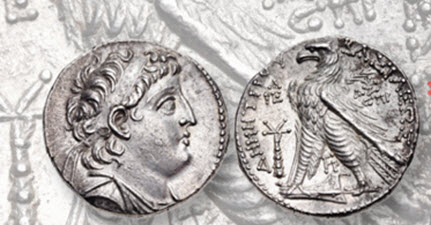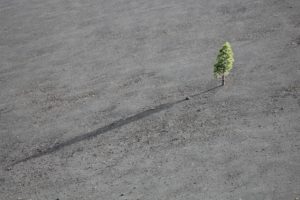
Sometimes book research takes me to unexpected places—like Tyre. Not there literally, but there in spirit.
Tyre was one rabbit trail I followed in writing my first book about the Wise Men. What was so special about Tyre and its silver? Why did everyone who sacrificed at the Temple in Jerusalem have to get their money changed to Tyre’s currency?
(Yes, the moneychangers, called “tablers,” got their cut. By Jesus’ time, it was a big racket. But that’s a story for another time.)
Tyre, the epitome of self-sufficiency
Throughout history, Tyre represented self-sufficiency. It was a rich, influential port city. King Nebuchadnezzar II (think the book of Daniel) never succeeded in his thirteen-year bid to lay siege to the city. Even after Alexander the Great demolished Tyre, the Romans rebuilt it. All the while, for six hundred years, Tyre independently minted its special silver coinage. Although Rome flooded the world with its own coinage as it conquered country after country, Tyre still did its own thing.
Pride in purity
Tyre’s self-sufficiency made it proud. Its silver coins, prized for their purity, made them attractive to the Jewish priests, who were all about purity. Rome’s rule didn’t permit Jews to mint their own coins, so someone decided only Tyrian coins could be used as tribute and to buy sacrifices for the Temple. Somehow the priests ignored the fact that the silver bore the image of a pagan Phoenician god Melkart. How ironic is that? The priests hated Caesar’s deification and his image on Roman coins, but the image of a pagan god on Tyrian coins was OK. That’s like cutting across a lawn right in front of its big “keep off the grass” sign.
But don’t we do the same thing?
Think we’re “good” but then watch a movie that Jesus would be embarrassed to watch with us? Entertain judgmental thoughts about people? Silently smirk when people do things we’d never consider doing?
No?
You’re a better person than I am.
Pride in self-sufficiency
The inscription on the reverse side of Tyre’s silver coins boasted that the city was “holy” and “inviolable.” Oh, geesh. Talk about self-sufficiency.
Self-sufficiency is rooted in pride. Pride is a really ugly word. So are its consequences. We don’t like to acknowledge that. Yet who doesn’t want to prove they have their lives all put together? Who doesn’t try to “win the approval of man”? A little of that goes a long way in making us feel good about ourselves.
I was determined to prove I could make it on my own after my divorce. God handily knocked that out of me and showed me I couldn’t do anything apart from Him.
Jesus in Tyre
The Bible records one instance of Jesus traveling to Tyre, beyond Judea’s northern border. (See Mark 7:25-30 and Matthew 15:21-28.) By that time, Jesus’ fame was growing, so he retreated beyond Jewish territory. Although He didn’t want to be seen, a Syrophoenician woman recognized Him and begged Him to heal her daughter, who was demon-possessed. The Greek-speaking Gentile woman was persistent—and perceptive. She understood Jesus’ parable and demonstrated great faith in hearing in His words that He had come first for the Jews, then for the Gentiles.
Faith. The opposite of self-sufficiency.
Never miss a post!
**************
Music bonus: Jeremy Camp singing “Enough”





Leave a Comment